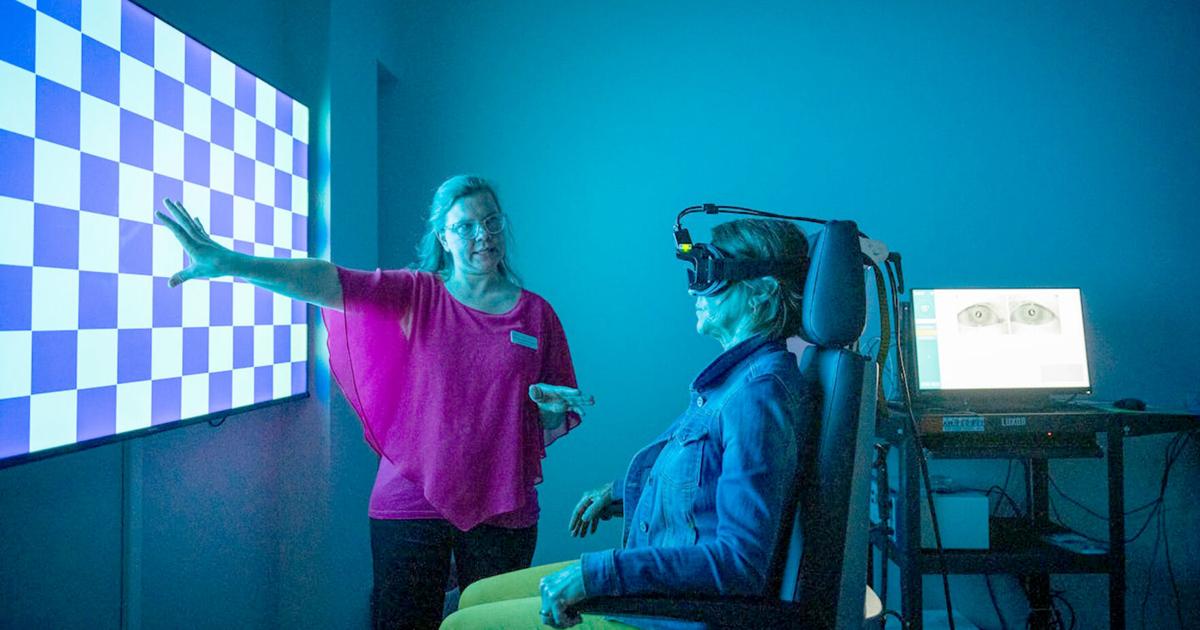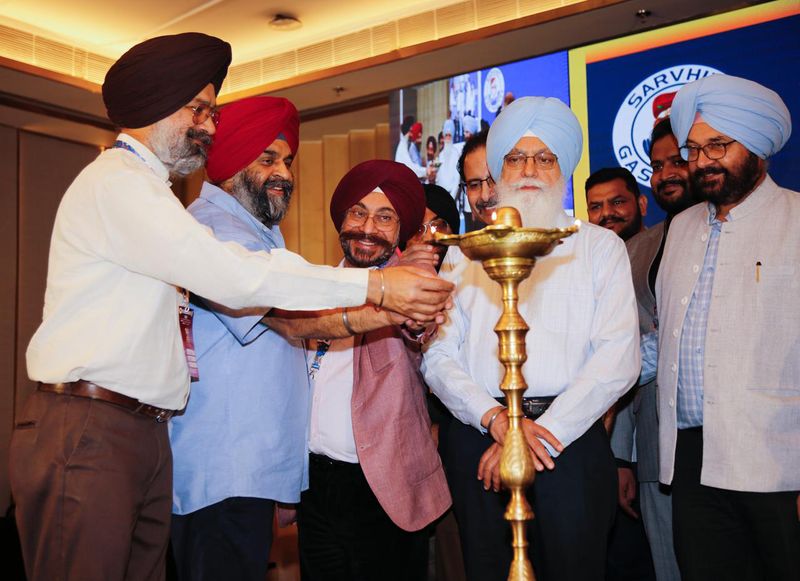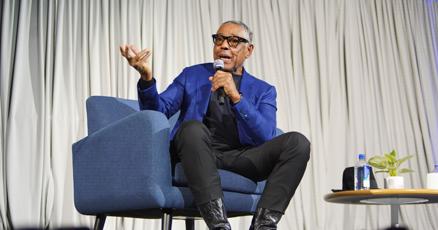Spinning Out of Control: Inside Minnesota's Vertigo Crisis

As Minnesota grapples with an increasingly aging population still navigating the aftermath of the COVID-19 pandemic, healthcare providers are witnessing a notable surge in patients seeking treatment for dizziness and balance-related issues. The combination of pandemic-induced health challenges and the natural effects of aging has created a growing demand for specialized medical care addressing these complex symptoms.
Older adults are reporting more frequent episodes of vertigo, unsteadiness, and balance disruptions, prompting a significant increase in consultations with neurologists, otolaryngologists, and geriatric specialists. These medical professionals are seeing firsthand how the pandemic has potentially exacerbated underlying health conditions that contribute to dizziness and mobility challenges.
Experts suggest that factors such as reduced physical activity during lockdowns, potential neurological impacts of COVID-19, and the natural progression of age-related health changes are driving this trend. As Minnesota's healthcare system adapts to these emerging needs, comprehensive diagnostic and treatment approaches are becoming increasingly important for maintaining the quality of life for the state's senior population.








